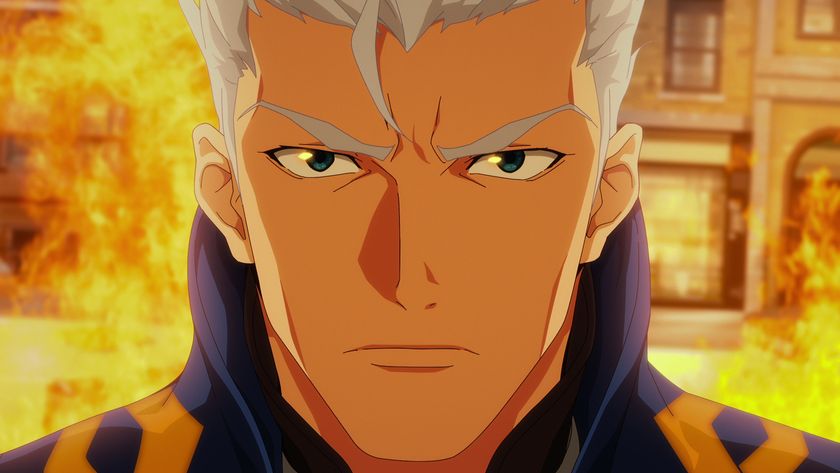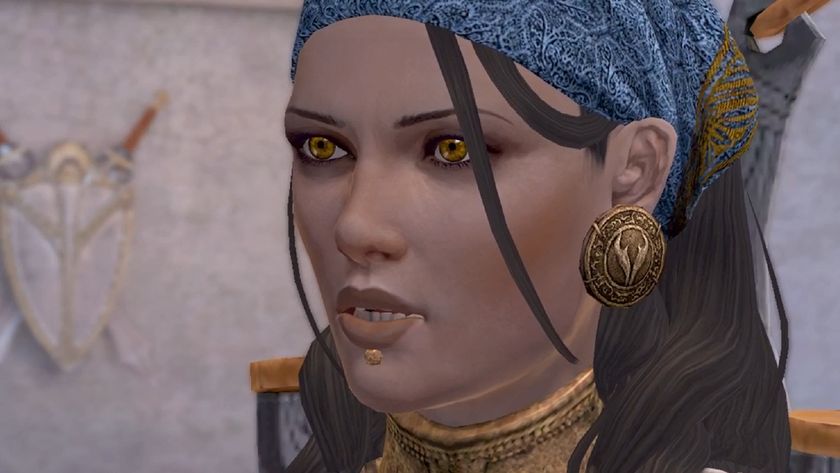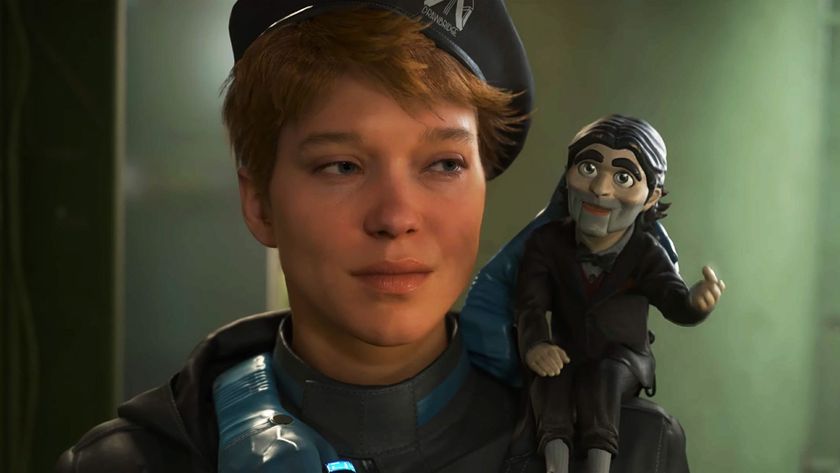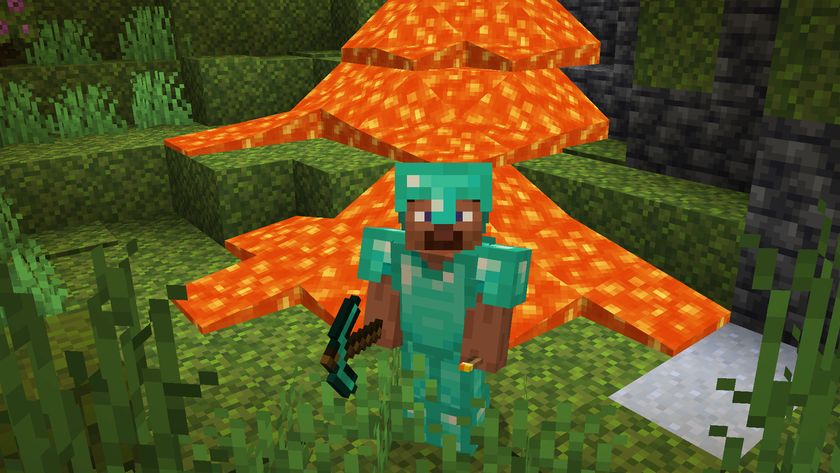After 7 years, The Witcher 3 dev discusses why the game - and its most infamous quest - still hold up
CD Projekt Red acting narrative director Philipp Weber talks Witcher 3 next-gen update and the adventure's staying power
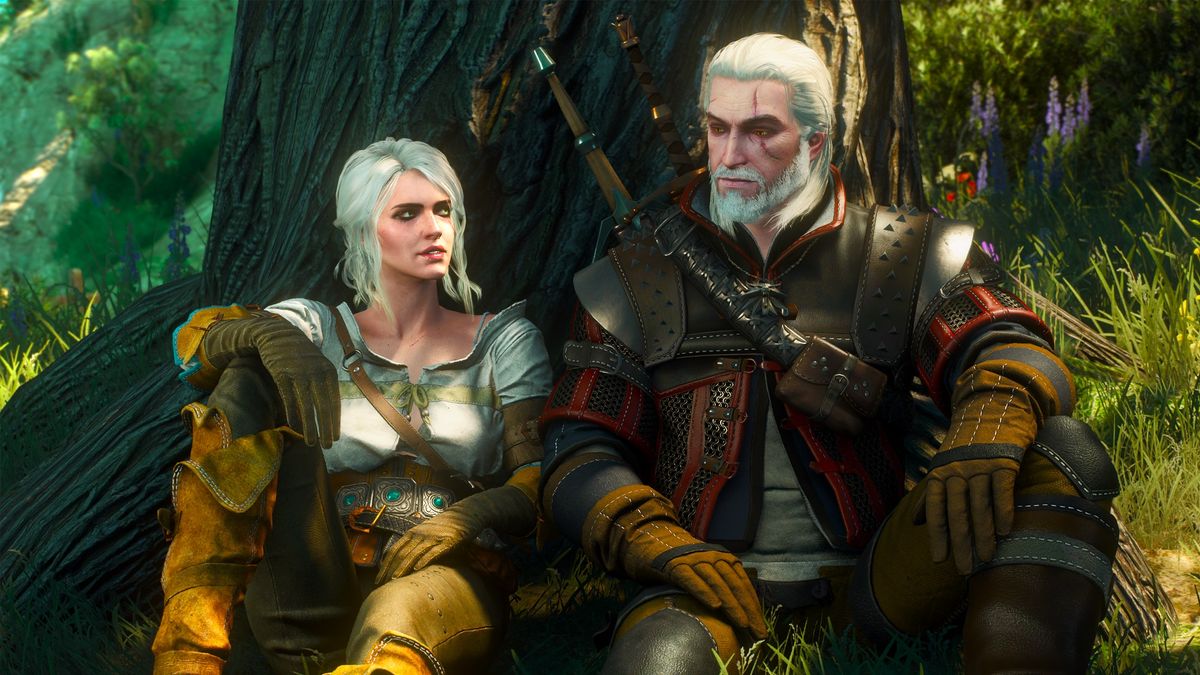
My hands-on time with the Witcher 3 next-gen update serves as a reminder of just how well Geralt's adventure holds up to this day. While the upgrade polishes the experience with improved graphics and a host of welcome features, I can't help but think about just how engrossing the story and quests still are, even if I'm experiencing them all over again. The storytelling is what pulled me right in when I first stepped into the world seven years ago, and nothing's changed in that respect. The hours I spend with the game swiftly pass as I soak in all the new options and quality of life additions through various quests. But time and again I keep thinking about just why it so successfully continues to hook me in all these years later.
CD Projekt Red acting narrative director Philipp Weber is certainly no stranger to the world of Witcher 3 and its power to draw in players. Having previously worked on the original release and now the next-gen update, Weber believes its longevity is a culmination of the studio's original ambitions and every department's drive to create something meaningful.
"I think it's just so many things coming together," Weber says of just why it is that the Witcher 3's world and story still holds up. "Because I do remember, when we worked on it, we were a smaller company than we are right now - there was no right for us to say, oh, we're making the best game in the world. But that's the thing, everyone really tried. So from art, writing, and coding, I'm still amazed that we had an engine seven years ago that just streamed all of this stuff without loading times. I think it was just that we were aware we're making a AAA game for a big audience. But I think also we just wanted to make art, like actually something that can stand up that we can be proud of that we ourselves find moving and meaningful. And I think all departments really wanted to do that. So I remember we had a very unified vision for what we want this game to be."
- After revolutionizing the open-world RPG twice in 10 years, CDPR is dreaming even bigger with The Witcher 4: "We definitely want to raise the bar with every game that we create"
- The Witcher 4 looks darker than ever with Ciri at the helm, and I can't wait to play an "even more dangerous and unpredictable" RPG
Shades of gray
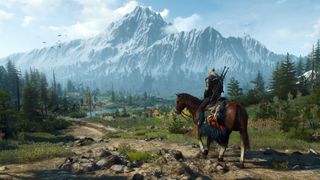
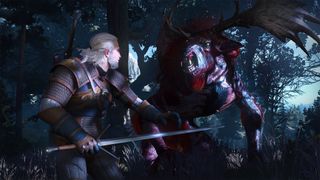
One of the aspects I've always personally enjoyed about the Witcher 3 is that the quests are all varying shades of gray in terms of morality - it's never quite clear what's really right or wrong in any given situation. This applies to many of the scenarios you find yourself in as Geralt, with choices that will make you question what will lead to the best outcome. In my session with the next-gen update, I get the chance to relive the Bloody Baron Family Matters storyline with all of the bells and whistles of the upgrade, which is often considered one of the most memorable quests in the game. For Weber, who worked on several quests in the Witcher 3, the Bloody Baron still stands out to this day as a personal favorite.
"So I can't choose any of my own because that will make me a narcissist," Weber laughs. "Honestly, I think I know it's almost a boring answer because everyone says it. But I do think The Bloody Baron. It is simply the one where it was such a tight rope to create. Because you know while it was made it also sometimes was let's say, a problem quest, where pulling this balance off between making the Baron sympathetic enough that you can understand where he's coming from, but still making clear that this person is a piece of shit - having this balance is a really difficult task.
"And I think the people working on that quest just nailed it. And honestly it's also something as a quest designer, you really have to choose to make a quest like that. Because the thing is, this can also go wrong. And I think in this case, they did it really well. So for me, this is still the one I love the most," Weber continues. "We don't want to tell you, Oh, this is good. This is evil. We don't want to preach to you. And we want to give you interesting complex situations for you to also make up your mind."
Next generation
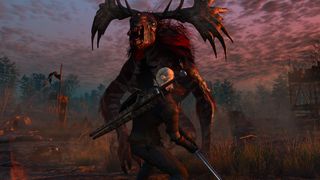

The Witcher 4 narrative lead reveals where he wants the new saga to be set
While it still very much holds up to this day, returning to the adventure all these years later presented developers who previously worked on the Witcher 3 with an opportunity to streamline the experience and upgrade the experience. As Weber explains, there was a lot of enthusiasm surrounding the project, with so many veteran devs at the studio who were eager to add additional fixes and features that had been on their minds for a long time.
Sign up to the 12DOVE Newsletter
Weekly digests, tales from the communities you love, and more
"Art is essentially never done. So even when we were done with the Witcher Wild Hunt there were so many people that said, 'Oh, if only I could have done this little thing, if only I could have added this additional fix'. So it was actually nice to go back and be able to do that," Weber says. "So many of the things that we did now were already in our minds six years ago when we finished Blood and Wine."
"So sometimes also a lot of people that weren't officially on the project, but had worked on Witcher Wild Hunt, they came and were like, 'Can I do this one thing? It's really important to me', and then we said sure - install the engine or come to my desk and work on it for a little bit. So I think this was really nice to see, that just so many veterans actually got motivated to do the things they knew they always wanted to do, or wanted to fix that they knew this needs a little bit more polish than I was able to give it. And now we were able to do that."
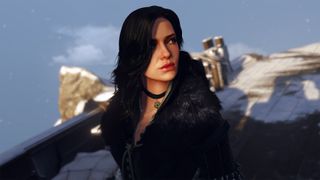
"...we didn't want this next gen edition to be like, this is the version now, throw away that old thing. Because that old thing is the Witcher Wild Hunt that we love."
Philipp Weber
But as Weber goes on to say, it was also a chance to experiment and try out new things. As well as new visual Ray Tracing and Performance modes and quality of life improvements, there are options such as map filters, Quick Sign Casting, new camera modes, and photo mode, to name a few. Some of these optional features were born out of desire to try out something new and see what worked or improved the overall experience. Any changes were of course checked to ensure they upheld a proper part of the original vision of the Witcher 3, but the team had as much freedom when it came to the update as they had availability of people.
"When it comes to the camera, or when it comes to the quick sign casting, all of those were proposals that came out of that [experimentation]", says Weber. "They weren't planned from the beginning, they were simply people already working on this next gen edition doing fixes. And asking, can I try that out? I think this is a thing that would make the game better. And then I think of the new camera as an example, and the quick signs, if I'm playing the game again right now, I would never want to go back to the default because I played the Witcher 3 so many times already. So for me, this is actually a really nice way for the game to feel fresh."
"So I'm actually really happy that we also had this freedom to have these experiments, essentially, because that's all they are," Weber adds. "A lot of our quality of life features, I think probably actually almost all of them, simply came from ideas from developers that said 'I would like to do this thing', and they weren't even planning it initially."
The update also gives long-time players the perfect excuse to rediscover it all over again. But it's also a great way for newcomers to dive into the adventure for the first time. With graphical improvements that allow the already beautiful setting of the Witcher 3 to shine all the more, there are also a host of new features to play around with. What's most striking about this, though, is the fact that all of them are optional. If you want to experience the same game as it was with enhanced graphics, you can. But, if you want to shake things up with new settings, they're open to you as well. The overwhelming impression I came away with from my time with the update was that it's all about affording you the chance to tailor your experience in Geralt's shoes.
And as Weber explains, the tailorability of the update is very much at the heart of the team's approach when it came to bringing this upgrade to life: "One thing that was really important for us is we're proud of the game we released in 2015. I'm proud of being a part of that team," he says. "And we didn't want this next gen edition to be like, this is the version now, throw away that old thing. Because that old thing is the Witcher Wild Hunt that we love. So it was also important for us that when we do those changes, that they are by choice. That you can activate a new camera, you can activate new Quick signs, the filters on the map. But if you want to have that original vision that the game released with, you have to be able to still play that version. It was also important for us."
Future of the series
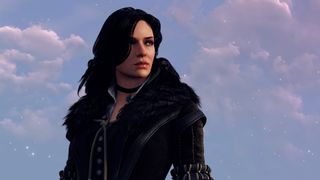
"We even now can still give a little bit of this fresh perspective on fantasy"
Philipp Weber
Lots of smaller features also come together to make the experience of the Witcher 3 that much more polished while still giving you the option to pick and choose when it comes to the bigger features. And not unlike the experimental features that weren't planned initially, a new quest will be introduced in the update that will help you get your hands on some new armor that ties in the Netflix Witcher series. What began as a far simpler quest to bring the armor in initially turned into something more involved as the project went on.
"It was an interesting project. Because again, as with [some of] the quality of life [improvements], that wasn't initially planned. It was just planned that, oh, you know, find a way to put the armor into the game and then we actually asked already one and a half years ago, could we try to make a new quest for it? And then initially it was only a really small one with notes without voice acting. But then we asked again, could we maybe talk to our localization to get some voice acting. So it kind of organically grew a little bit into something that resembles more of a real quest," Weber explains.
"It was not the usual way a quest is made where we plan everything ahead. Where a lot of this was done, kind of, hey, we need new VFX, you're working on Cyberpunk. Can you take two days to help with this? So yeah, I think we managed to actually make this quest pretty nicely in the end. And it was nice to return - especially getting to hear all the different Geralts again, all our different voice actors in all the languages returned for the quest. It was really nice."
It's certainly an exciting time for the Witcher series, with lots of upcoming CD Projekt games in the pipeline - including a The Witcher Remake from Fool's Theory, and a new Witcher trilogy that kicks off with the Witcher 4. And with the Witcher 3 update set to arrive on December 14 on PC, PS5, and Xbox Series X/S, Weber is excited for players to return to the world with Geralt once more, or for the first time, and discover its own unique take on the realms of fantasy.
"We even now can still give a little bit of this fresh perspective on fantasy because I think players and fans, generally people that are into fantasy, have a lot of what we usually call Western fantasy," Weber says. "But especially Sapkowski starting with this more Slavic inspired mindset, the people I think in The Witcher feel more real, they have their own problems. So we always talk about it like: when a big green rift in the sky appears, it's more about what the farmer on the ground thinks about the rift and how it affects his cows, then, oh, we need a big fantasy army to destroy the rift."
"And I think this element with these central European folk tales, the Grimm's fairy tales that are also sometimes used in the stories and changed in an interesting way, I still think even today, having made three Witcher games, there's still plenty of interesting stories we can tell that I think will feel fresh to players. Because I do think this Polish version of fantasy is still a little bit different than what we typically know from Western fantasy."
The Witcher Remake going open world can solve the original's most glaring issues.

I started out writing for the games section of a student-run website as an undergrad, and continued to write about games in my free time during retail and temp jobs for a number of years. Eventually, I earned an MA in magazine journalism at Cardiff University, and soon after got my first official role in the industry as a content editor for Stuff magazine. After writing about all things tech and games-related, I then did a brief stint as a freelancer before I landed my role as a staff writer here at 12DOVE. Now I get to write features, previews, and reviews, and when I'm not doing that, you can usually find me lost in any one of the Dragon Age or Mass Effect games, tucking into another delightful indie, or drinking far too much tea for my own good.
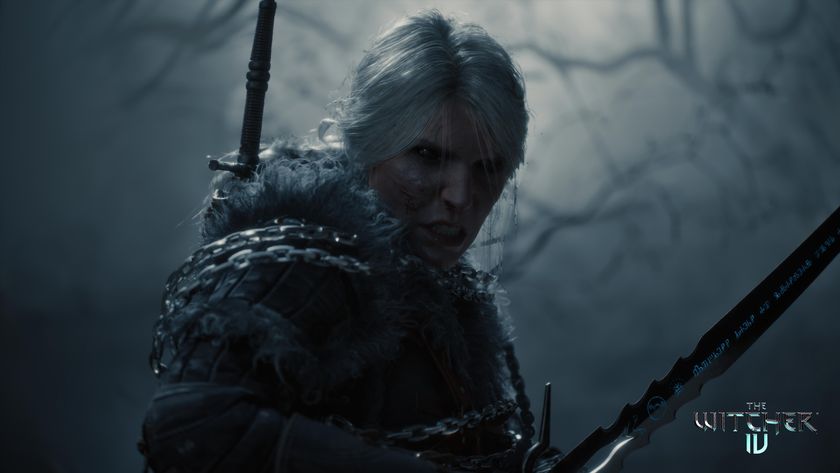
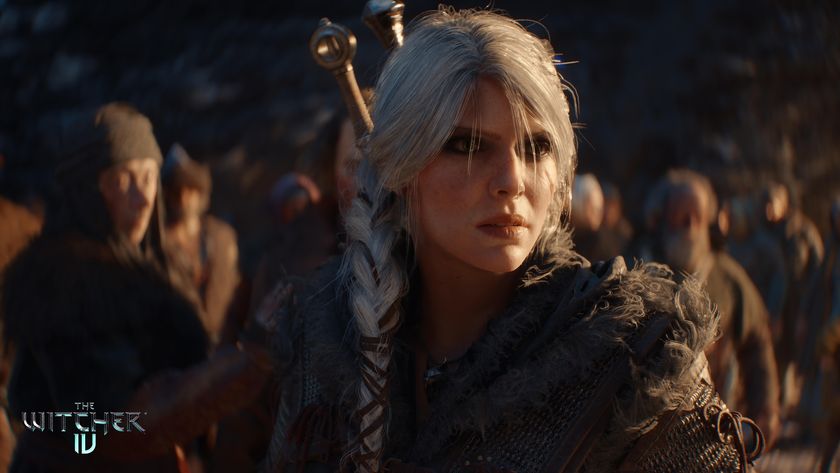
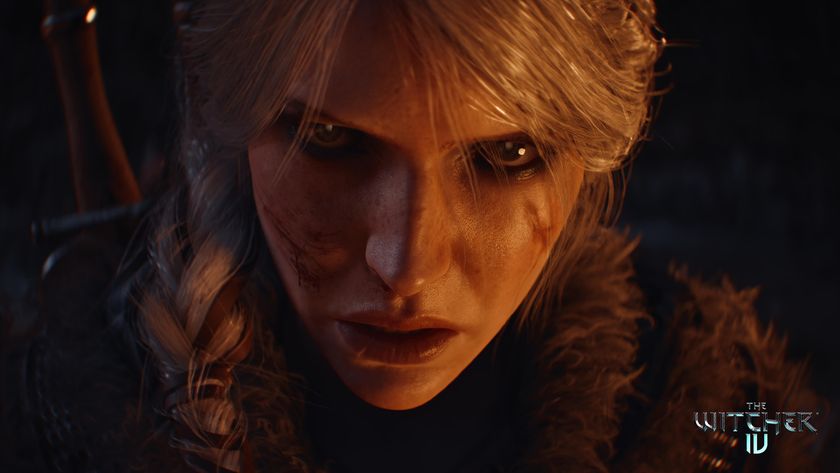
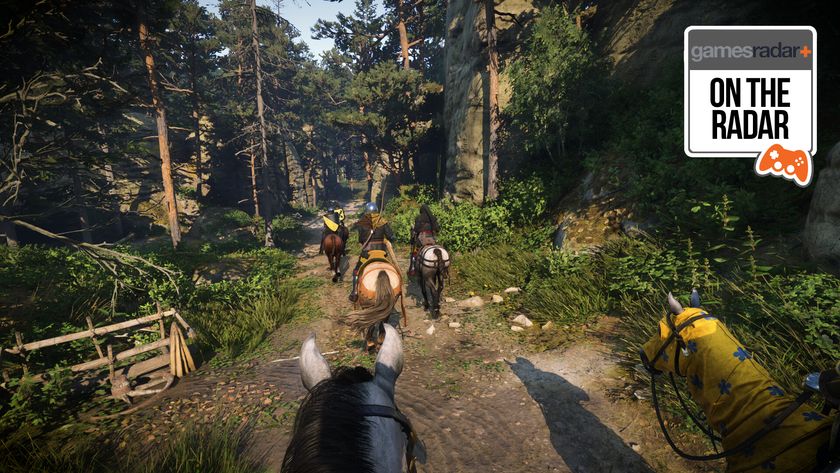
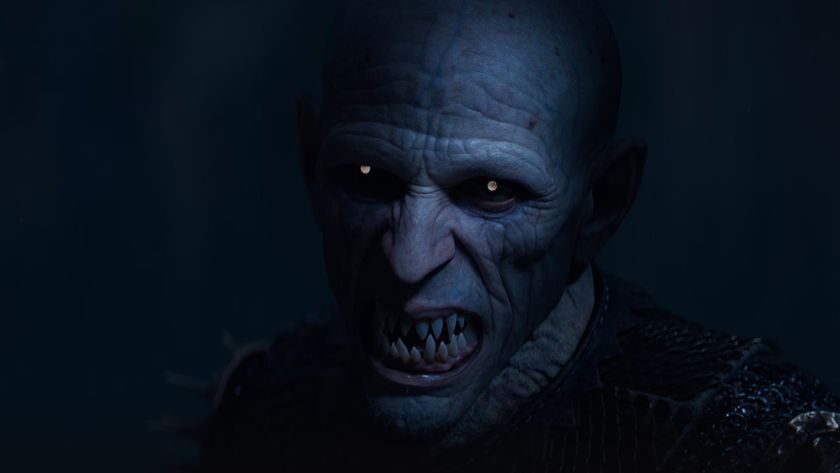

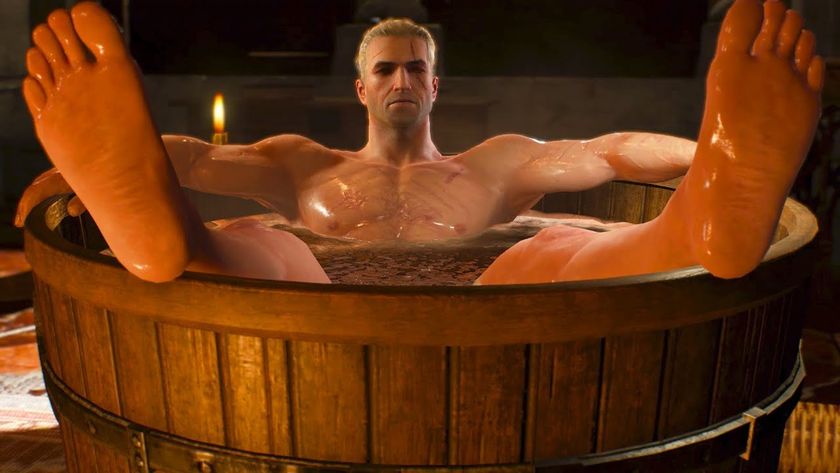
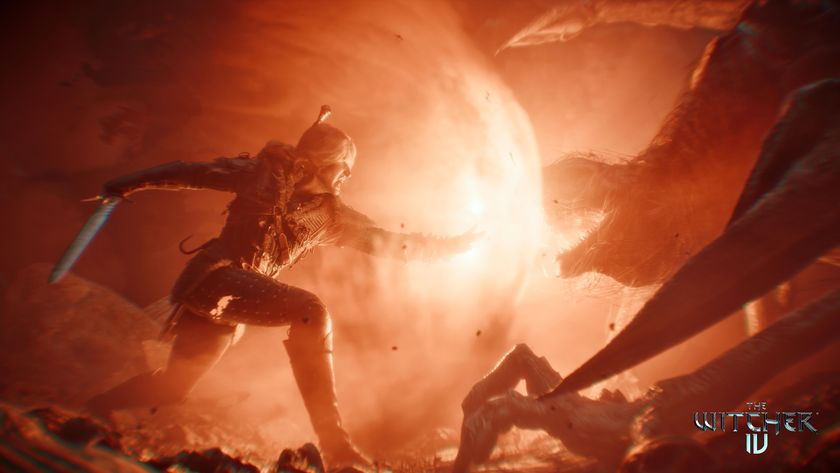
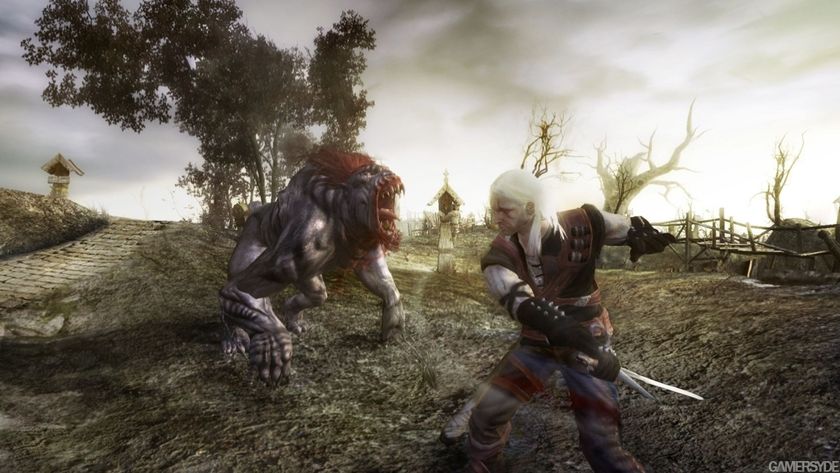
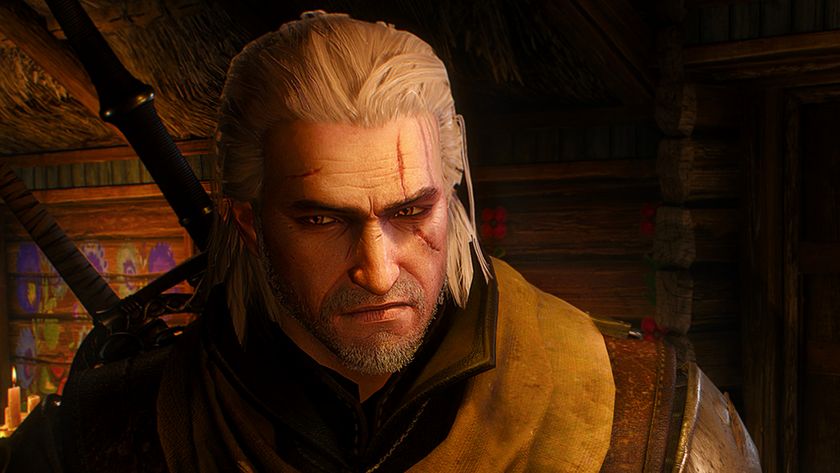

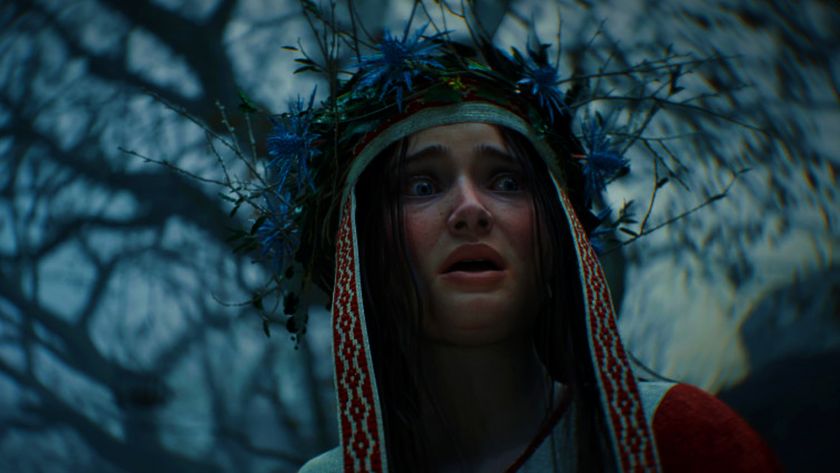

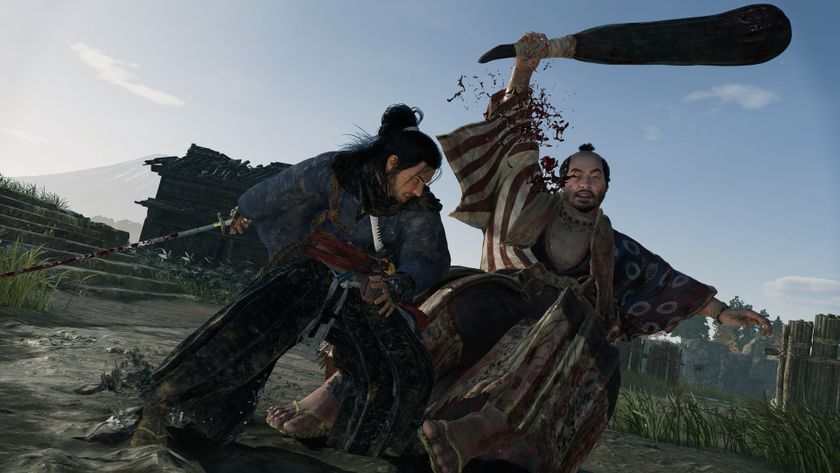
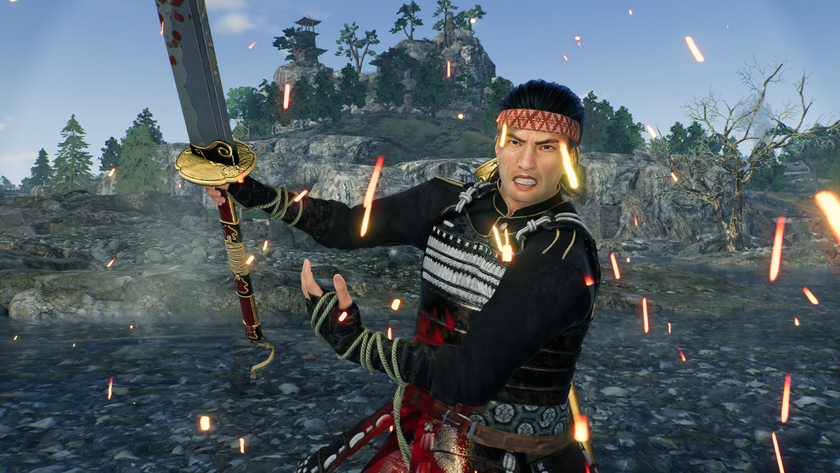
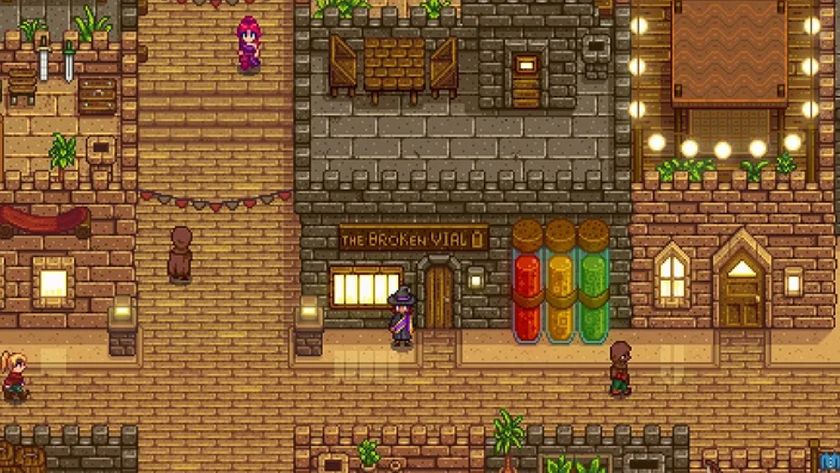
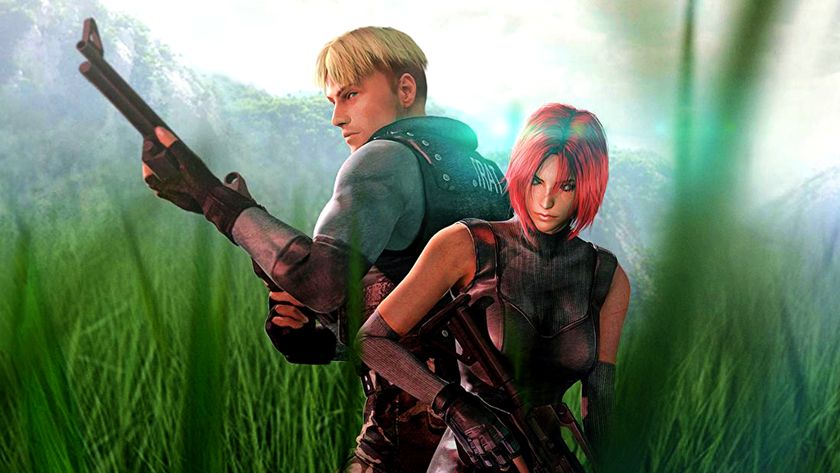
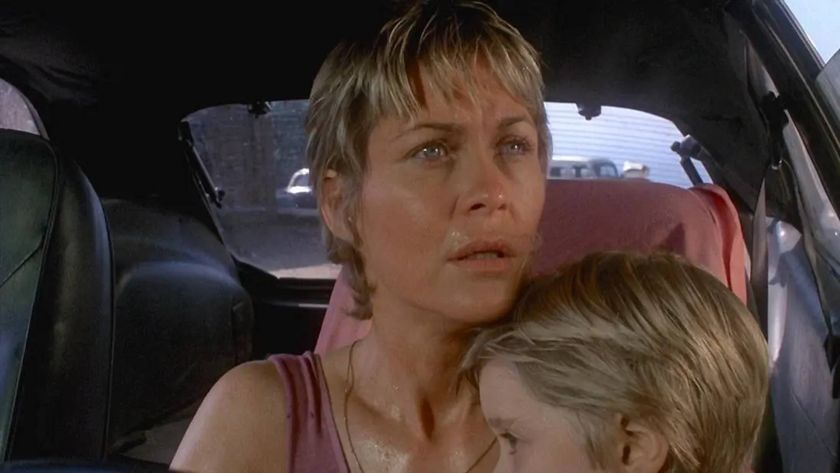

The Witcher 3 lead says "not many games" were trying to match the RPG back in 2015, and that meant "there was a risk" to making it in the first place

The Witcher 4 devs explain how Ciri's fighting style will differ from Geralt's: "He's nimble, but he feels like a block...she's liquid"

